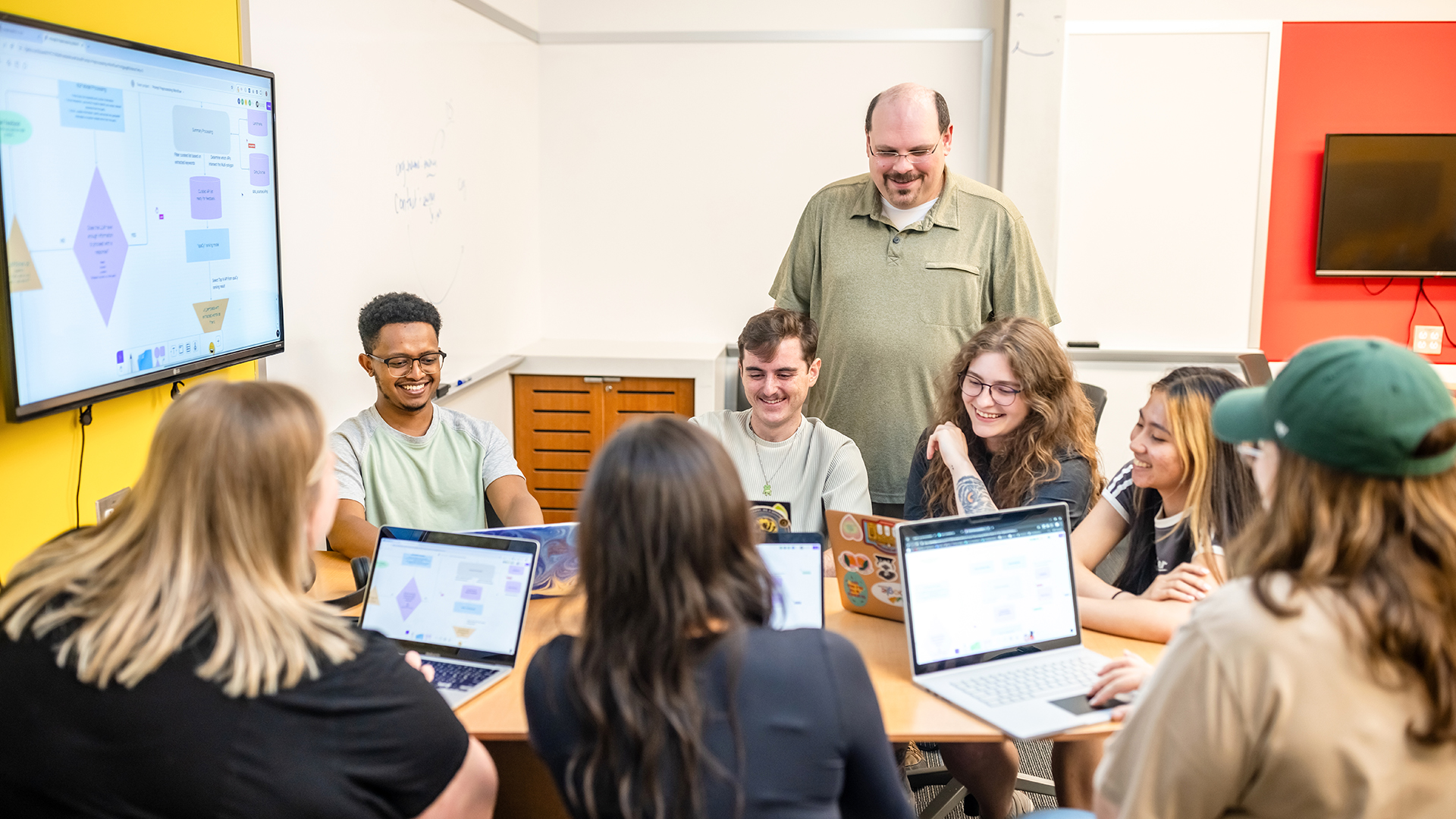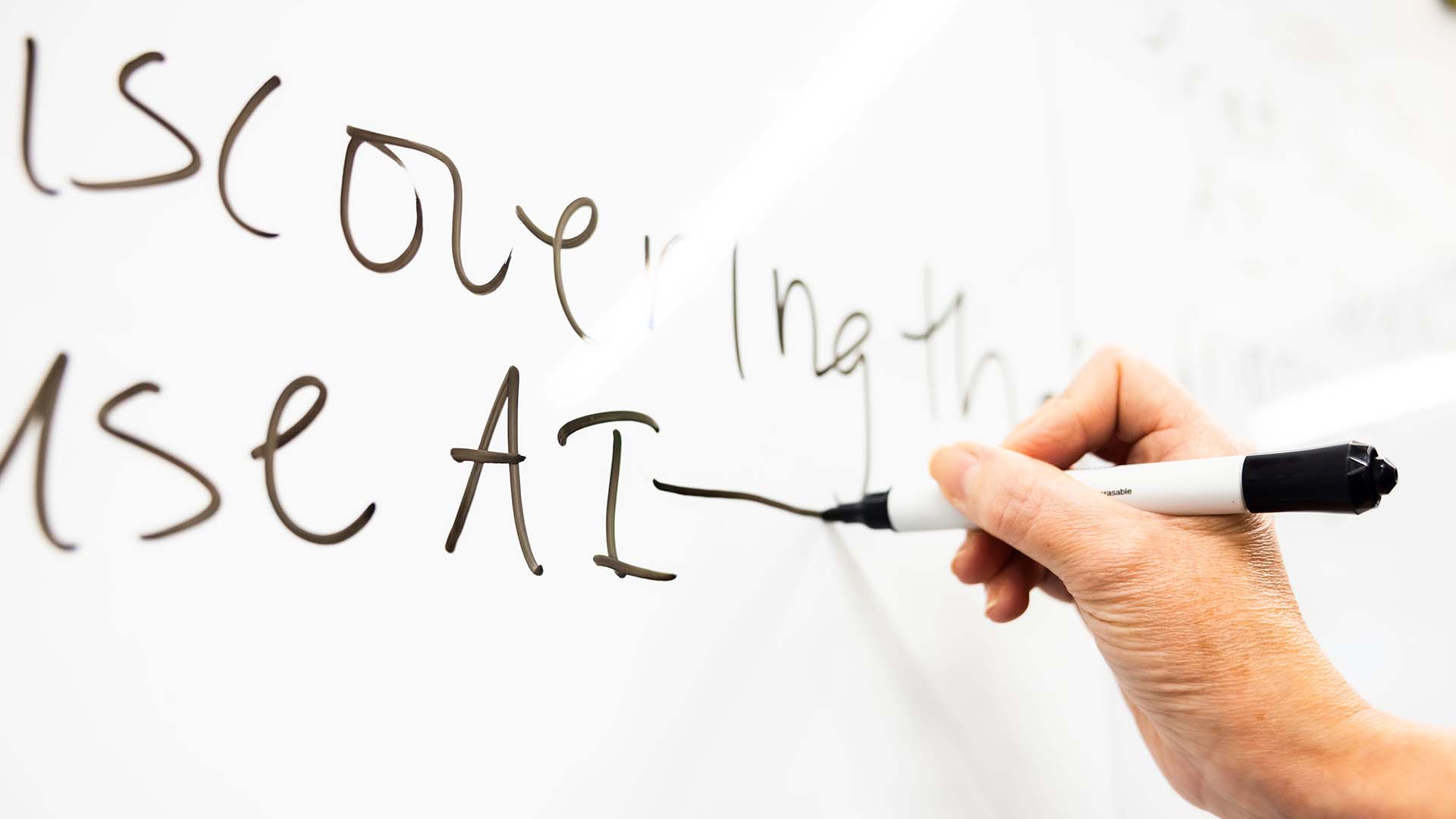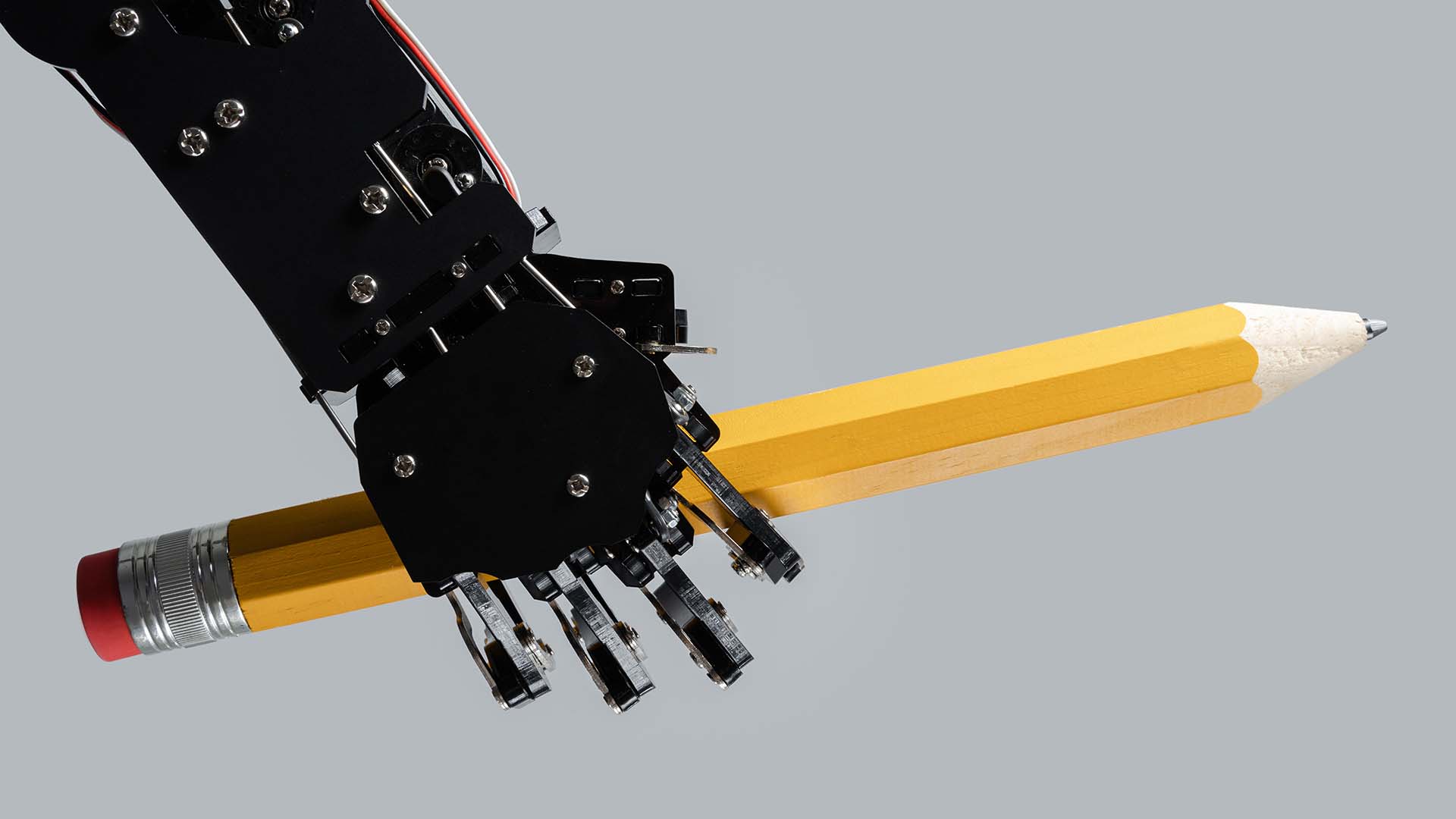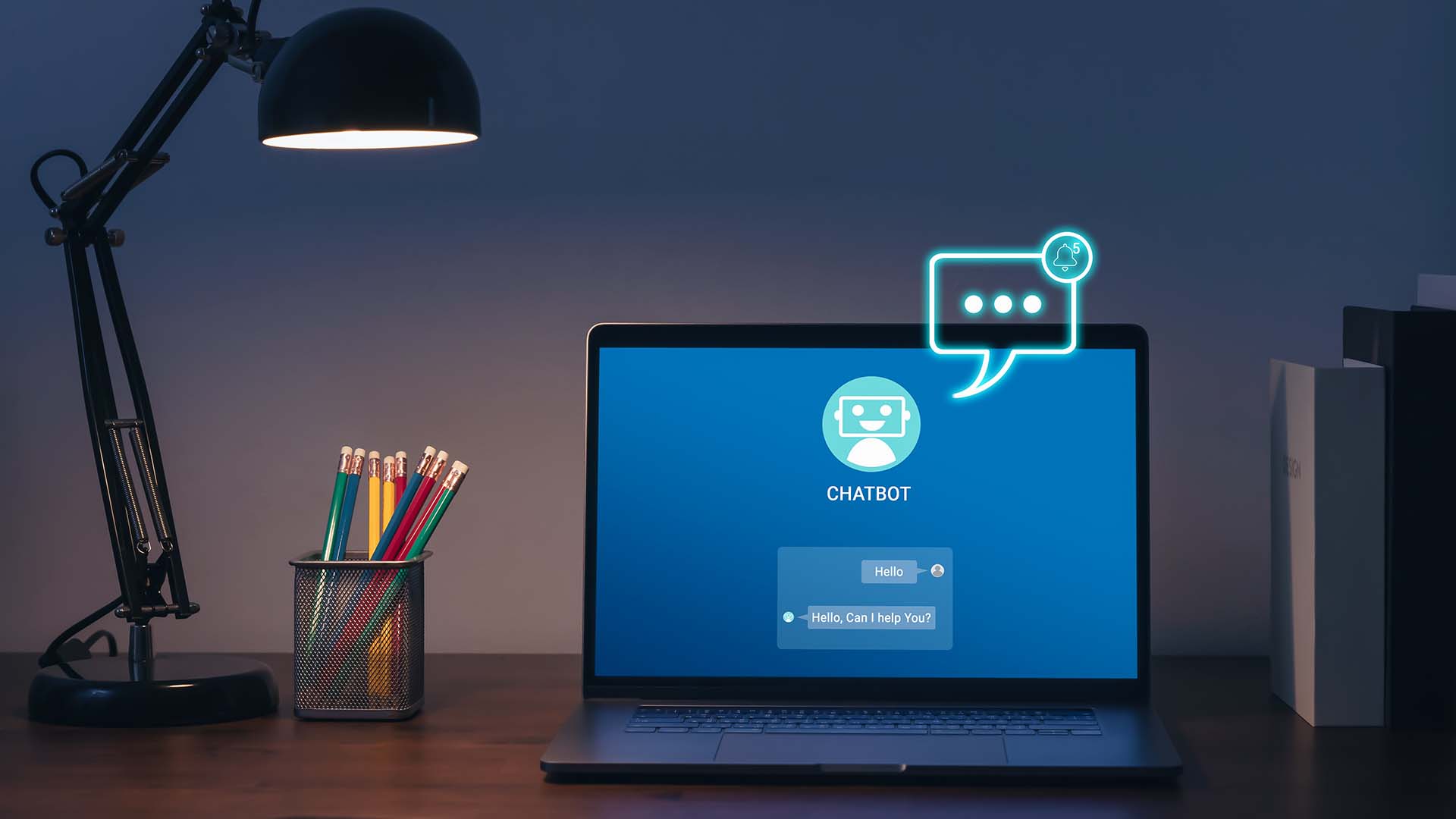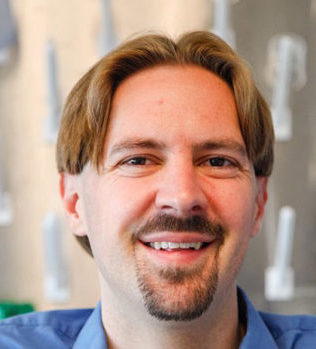Biochemistry undergrads discover new way to detect celiac disease
Their findings were published in an internationally peer-reviewed research article in the journal Sensors.
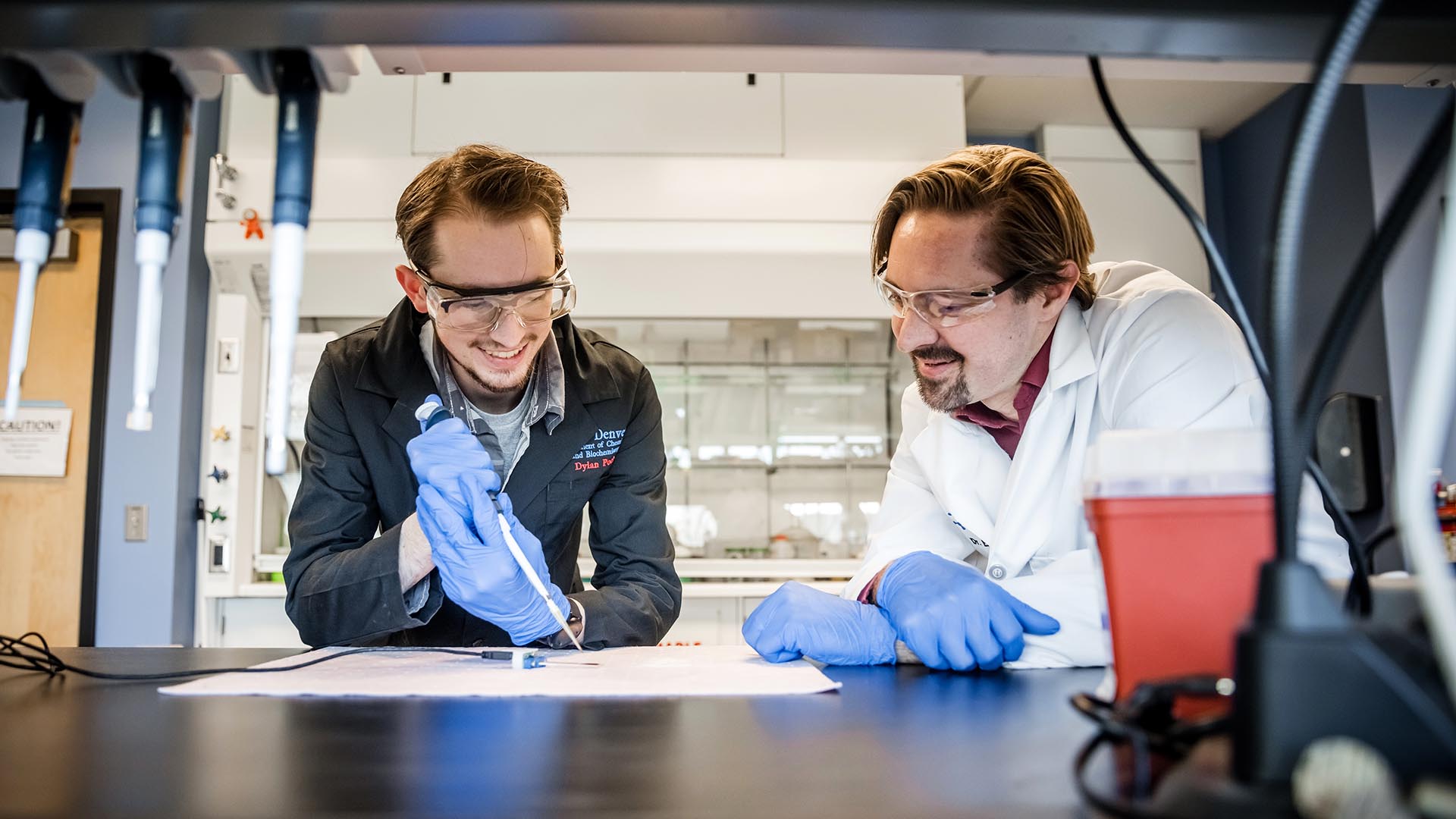
When Anna Nguyen was studying biochemistry at Metropolitan State University of Denver, Chemistry and Biochemistry Department Chair Andrew Bonham, Ph.D., challenged her to come up with a research subject that could simplify an existing medical procedure or test.
The solution she and her colleagues in the research lab developed may significantly improve the lives of millions of people around the globe who suffer from undiagnosed celiac disease, an autoimmune disorder that impacts the small intestine after someone digests gluten.
To get a definitive celiac-disease diagnosis, doctors must perform a biopsy of the small intestine, said Nguyen, who graduated in 2018 and is studying for a Ph.D. in Biomolecular Science and Engineering at the University of California, Santa Barbara.
It’s very invasive,” she said of the existing test. “We were hoping to circumvent that by doing a simple blood test.”
Nguyen’s idea led her and other MSU Denver undergraduate researchers to develop a blood test that can detect celiac disease. The test and research involved with it were detailed in a report by the students titled “Electrochemical DNA Biosensor That Detects Early Celiac Disease Autoantibodies.” The report was reviewed and published in the journal Sensors last month.

Undergrad, higher level
Bonham, who joined MSU Denver in 2011, has had at least 12 undergraduate students become authors of internationally peer-reviewed research articles, he said. It’s a testament to the University’s mission of teaching, empowering and giving opportunities to undergraduates.

“This project was the students’ project,” Bonham said. “This is (MSU Denver) students getting the opportunity to come up with an idea, implement it, analyze it and to publish it in an international journal.”
Nguyen said the study’s process was long and required her to do research and write grant proposals to fund the lab project. But without participating in undergraduate research, she said, she doesn’t think she would have gone to a Research I university for graduate school.
“I would say my undergraduate research was at a higher level than what undergraduates do at other universities,” said Nguyen. She noted that it’s uncommon for undergraduates to get to participate in research the way that MSU Denver allowed her to lead the celiac-disease study.
“It’s common for other undergrads to be hand-held through their undergraduate project. Whereas with Dr. Bonham, I got an entire project started and built from the ground up,” she added.
Cutting-edge tools
Around 2 million people in the U.S. have celiac disease, and about 1% of people around the world suffer from the illness, according to the National Institute of Diabetes and Digestive and Kidney Diseases. May marks Celiac Awareness Month.
Celiac-disease autoantibodies bind to a synthetic neoepitope, or protein, that typically doesn’t exist in the body unless someone with celiac disease ingests gluten. Electrochemical DNA biosensors are promising and inexpensive rapid diagnostic tools for sensitive and specific celiac-disease autoantibodies, according to the paper that the MSU Denver team published.
While Nguyen and other students handled data collection for the study, Dylan Poch, a Chemistry major at MSU Denver, contributed to the project by writing background information about the disease, what electrochemical DNA biosensors are and more. He plans to apply for graduate school this fall and said getting the study published and participating in the effort will help his academic aspirations.
“Participating in the study was amazing,” said Poch, who is pictured above with Bonham. “It’s not something I expected to do as an undergrad. I really learned the process of writing a scientific publication and how many edits, reviews and revisions it takes to do something like this. It taught patience and dedication.”
The research team’s success speaks to the power of MSU Denver’s mission, Bonham said.
“Not only do we give students these opportunities, but we empower them,” he said. “They can change the world now and don’t have to wait until they graduate.”

